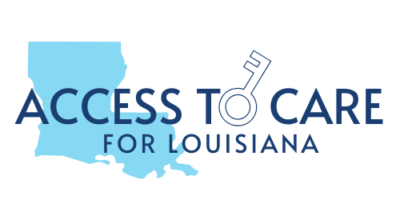Based on substantial evidence and experience, expert bodies have concluded that APRN’s are safe and effective as providers of many health care services within the scope of their training, licensure, certification and current practices without physician oversight
- 2019 American Hospital Association Rural Report
“Nurse practitioners, midwives and physician assistants have helped to address the shortages. In fact, nurse practitioners and physician assistants currently account for 19 percent and 7 percent, respectively, of the primary care workforce and contribute substantially to the total supply of primary care visits.19 However, many state licensure laws limit the ability of advanced practice clinicians to practice at the top of their license, thus limiting the services they may offer to patients. Physician supervision regulations also may hinder maximal use of advanced professional staff. ” p. 6 - American’s Health Rankings which ranks Louisiana # 49 in healthcare nationally, recommends increasing primary care capacity by empowering licensed personnel, including nurse practitioners and physician assistants, to provide more care to address the nation’s primary care shortage.
- The Federal Trade Commission agrees with eliminating state mandated APRN regulations instead favoring an open marketplace where consumers can fully realize the benefits of a competitive market where lower costs and high-quality services can spur innovation.
- The Institute of Medicine report The Future of Nursing: Leading Change, Advancing Health (2011), suggests that advanced practice registered nurses (APRNs), if permitted to practice to the full extent of their education and training, could help build the workforce necessary to meet the country’s primary care needs and contribute their unique skills to the delivery of patient-centered, community-based health care.
- The National Governor’s Association (2012) review of health services research suggests that NPs are well qualified to deliver certain elements of primary care. In light of the research evidence, states might consider changing scope of practice restrictions and assuring adequate reimbursement for their services as a way of encouraging and incentivizing greater NP involvement in the provision of primary health care
- American Enterprise Institute: “We have reviewed sizable body of evidence related to whether there was any difference in quality of care when it was provided by APRNs rather than physicians. There is extensive empirical evidence that APRN practice outcomes are at least equivalent to those of physicians to which they are compared. And on some metrics, such as patient satisfaction, some studies have found APRN care is actually better.”
- The Cato Institute:“When physician groups argue to restrict the scope of practice of nurse practitioners, they argue that a broader scope of practice would threaten patient safety. Yet study after study has shown midlevel clinicians provide a level of quality equal to that of physicians performing the same services.”
